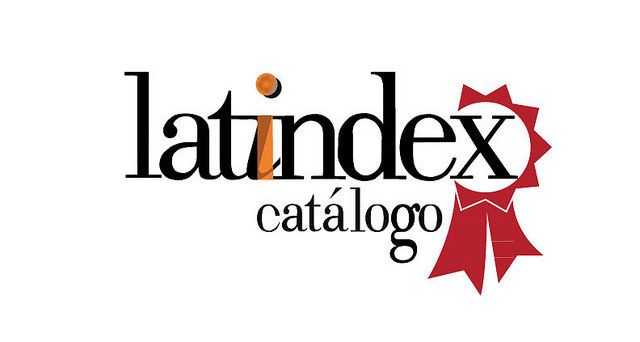Beyond Binary Oppositions
DOI:
https://doi.org/10.29340/en.v6n11.308Keywords:
violence, politics of gaze, sensory knowledge, journalism, affectivity, digital and technopolitical cultureAbstract
This commentary on the article by Rossana Reguillo, “Essays on the abyss: Politics of gaze, violence, technopolitics,” analyzes the author’s investigation into the methods of looking at violence and technopolitics in the history of anthropology and other social sciences in Mexico. How to combine the various strategies to capture complexity? This also looks at the role of affections and electronic corporations in segmentation and totalizations of material or symbolic goods and political views, as well as when efforts are made to administer diversity.
Downloads
References
Bonfil, Guillermo (1990). México profundo: una civilización negada. México: Grijalbo.
García Canclini, Néstor (2001). Culturas híbridas. Estrategias para entrar y salir de la modernidad. México: Paidós.
— (2002). Culturas populares en el capitalismo. México: Grijalbo.
— (2019). Ciudadanos reemplazados por algoritmos. Guadalajara: Centro María Sibylla Merian de Estudios Latinoamericanos Avanzados en Humanidades y Ciencias Sociales (CALAS).
Latour, Bruno (2008). Reensamblar lo social. Una introducción a la teoría del actor-red. Buenos Aires: Manantial.
Márquez, Israel y Elisenda Ardévol (2018). “Hegemonía y contrahegemonía en el fenómeno youtuber”. Desacatos, núm. 56, pp. 34-49. DOI: https://doi.org/10.29340/56.1876
Merleau-Ponty, Maurice (1957). Las aventuras de la dialéctica. Buenos Aires: Leviatán.
— (1964). Le visible et l’invisible. París: Gallimard.
— (1968). Humanismo y terror. París: La Pleyade.
Novelo, Victoria (1976). Artesanías y capitalismo en México. México: SEP-INAH.
Ramírez, Peniley (2022). “Permiso para matar”, Reforma. Disponible en: https://www.reforma.com/permiso-para-matar-2022-12-17/op239893?referer=--7d616165662f3a3a6262623b727a7a7279703b767a783a--.
Raphael, Ricardo (2022). Informar bajo fuego. Grupo Milenio. Disponible en: https://www.milenio.com/opinion/ricardo-raphael/politica-zoom /informar-bajo-fuego.
Reguillo, Rossana (2010). Los jóvenes en México. México: FCE/Conaculta.
— (2023). “Ensayos sobre el abismo: políticas de la mirada, violencia, tecnopolítica”. Encartes, vol. 6, núm. 11. https://doi.org/10.29340/en.v6n11.317 DOI: https://doi.org/10.29340/en.v6n11.317
Reygadas, Luis (2018). “Dones, falsos dones, bienes comunes y explotación en las redes digitales. Diversidad de la economía virtual”. Desacatos, núm. 56, pp. 70-89. DOI: https://doi.org/10.29340/56.1878
Published
Issue
Section
License
Copyright (c) 2023 Encartes

This work is licensed under a Creative Commons Attribution-NonCommercial 4.0 International License.
Aviso de derechos de autor
- Los autores/as conservan los derechos de autor y ceden a la revista el derecho a la primera publicación con el trabajo registrado con la licencia de atribución Creative Commons, que permite a terceros utilizar lo publicado siempre que mencionen la autoría del trabajo y a la primera publicación en esta revista
- Los autores/as pueden realizar otros acuerdos contractuales independientes y adicionales para la distribución no exclusiva de la versión del artículo publicado en esta revista (por ej. Incluirlo en un repositorio institucional o publicarlo en un libro) siempre que indiquen claramente que el trabajo se publicó por primera vez en esta revista.
El material puede ser copiado, distribuido, comunicado, ejecutado públicamente. Se pueden hacer obras derivadas de él. No se puede utilizar para fines comerciales. Se debe reconocer y citar la obra de la forma en que tú especifiques.










